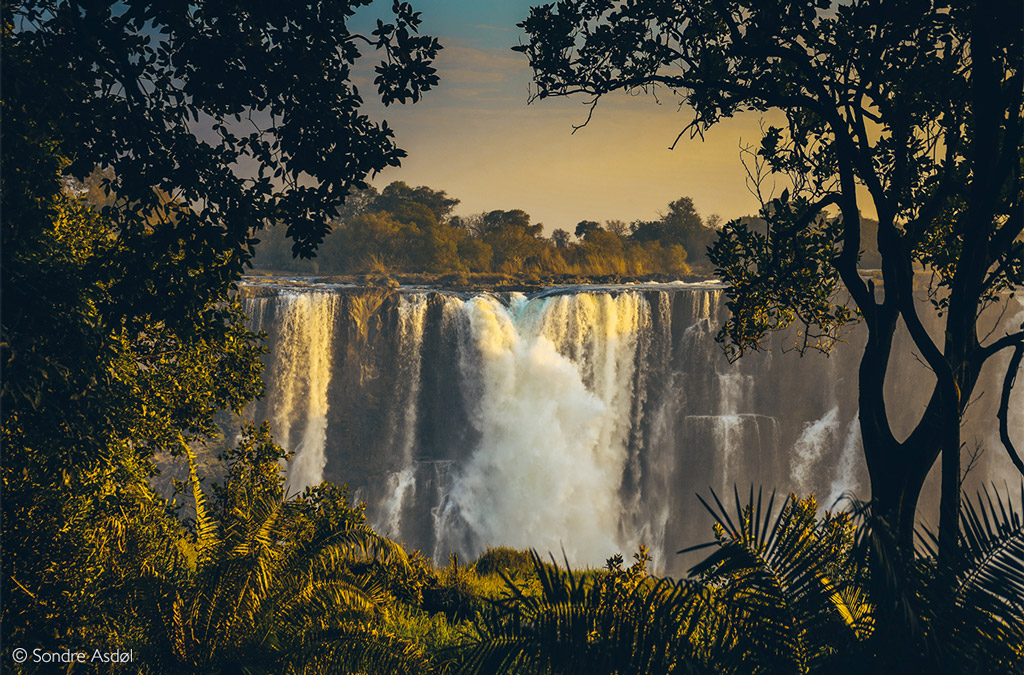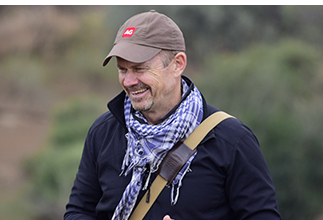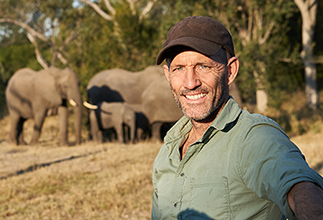
CEO NOTE: 26 March 2021
This is a copy of our weekly email newsletter. Subscribe here to receive the newsletter.

If social media is an accurate measure of how we communicate as a species, then humankind now ranks virtue-signalling above coalface reality, and we trash distinguished track-records and careers overnight if enough cloistered people feel offended.
In the African conservation context, what does this mean for Africa’s ground zero conservation workers, who don’t have the time or inclination to participate in this race to algorithmic dominance? And what about the Internet-bereft rural people who live amongst Africa’s wild animals and carry the cost of doing so – are they considered by the machine to be irrelevant? Just asking
Keep the passion

Simon Espley – CEO, Africa Geographic
From our Editor-in-Chief
 For many people, bats are not creatures that conjure emotions of warmth, joy or affection. Let’s face it, few of us have willingly cuddled a bat or expressed the desire to do so. Those that have touched one have normally done so while flapping and screaming in an undignified manner while the terrified little chiropterid tried to untangle itself from hair, mosquito net or shirt. Well, cast those irrational fears aside as you read our first story below – a story of the world’s largest mammal migration in the gorgeous Kasanka National Park of Zambia.
For many people, bats are not creatures that conjure emotions of warmth, joy or affection. Let’s face it, few of us have willingly cuddled a bat or expressed the desire to do so. Those that have touched one have normally done so while flapping and screaming in an undignified manner while the terrified little chiropterid tried to untangle itself from hair, mosquito net or shirt. Well, cast those irrational fears aside as you read our first story below – a story of the world’s largest mammal migration in the gorgeous Kasanka National Park of Zambia.
Fairies, strictly speaking, are not of African origin. Yes, there are many other sprite-like or magical semi-humans littering African folklore – but no fairies. So it was always unlikely that a European hobgoblin would ultimately be found responsible for the strange, vegetation-free circles that litter parts of the Namib and Kalahari deserts. Well, science has come to the rescue – not fairies but Euphorbias. Our second story below is a fascinating explanation of the strange circles.
Finally, the 11th week of Our Photographer of the Year which carries a prize of 10 000 USD and a six-day safari to Khwai in Botswana. This week’s edition has everything from tiny, sparkling spiders to endless African landscapes – best enjoyed on a large screen with inspiring music in the background. Here’s how to enter.

Story 1
https://africageographic.com/stories/kasanka-bat-migration/
LARGEST
The Kasanka bat migration in Zambia is the largest mammal migration on Planet Earth. It’s a spectacular must-see for nature lovers.
Story 2
https://africageographic.com/stories/fairy-circles-ghostly-footprints-of-dead-euphorbias/
FAIRIES?
Fairy circles – Euphorbia toxins are responsible for the bizarre fairy circles in Namibia that have baffled and fascinated scientists – new research
Story 3
https://africageographic.com/stories/photographer-of-the-year-2021-weekly-selection-week-11/
BEST PHOTOS
Week eleven of our 2021 Photographer of the Year
![]() DID YOU KNOW: Springhares are biofluorescent under UV light – the first documented case of biofluorescence in an Old-World placental mammal.
DID YOU KNOW: Springhares are biofluorescent under UV light – the first documented case of biofluorescence in an Old-World placental mammal.
![]() WATCH: A successful, science-based solution to farmer-predator conflict. (11:33)
WATCH: A successful, science-based solution to farmer-predator conflict. (11:33)
To comment on this story: Login (or sign up) to our app here - it's a troll-free safe place 🙂.![]()






